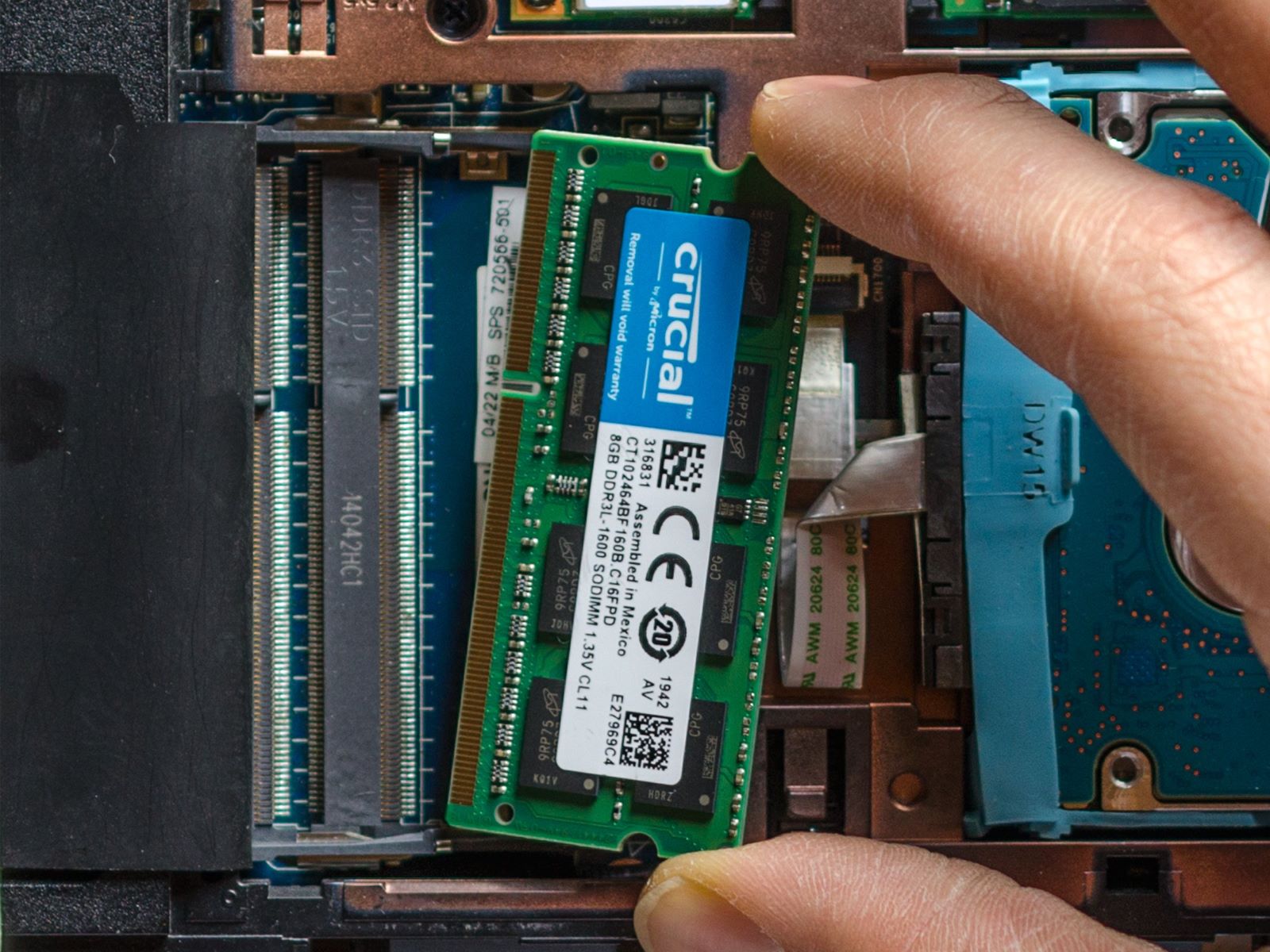The rapid shift towards electrification in the transportation industry has raised questions about the future of mopeds and motorcycles. As cities across Europe and beyond are considering banning internal combustion engines, it is becoming increasingly clear that electric two-wheelers will play a significant role in the future of urban mobility. To gain insights into this transformative trend, I had the opportunity to speak with Erik Buell, a renowned motorcycle racing champion, engineer, and founder of the Buell Motorcycle Company.
Key Takeaway
Erik Buell, a motorcycle legend and founder of the Buell Motorcycle Company, predicts a bright future for electric mopeds and motorcycles. As cities accelerate efforts to ban internal combustion engines, the electrification of light middleweight and moped-sized vehicles will play a pivotal role in transforming urban mobility. The maneuverability and efficiency of electric two-wheelers make them an ideal choice for navigating cities designed for smaller vehicles.
The Rise of Electric Mopeds and Motorcycles
Buell believes that the future of mopeds and motorcycles lies in electric power. He emphasizes that the transition away from internal combustion engines is not only driven by environmental concerns but also by the regulatory actions of city governments. Many European mayors have already pledged to ban internal combustion engines in their cities, creating a compelling case for the growth of electric two-wheelers.
One of the key advantages of electric motorcycles is their compatibility with urban environments. Cities designed without cars in mind often have narrow and winding streets, making it difficult for traditional automobiles to navigate. However, mopeds and motorcycles can effortlessly maneuver through these urban landscapes, providing an efficient mode of transportation for daily commuters and delivery services.
The Role of Light Middleweight and Moped-Sized Vehicles
When considering the electrification of motorcycles, Buell believes that light middleweight and moped-sized vehicles are the ideal starting point. These smaller electric two-wheelers have gained popularity due to their versatility, affordability, and ease of use. With a vast number of people relying on them as their primary means of transportation, electrifying this segment holds immense potential in progressing the overall adoption of electric mobility.
In cities like Paris, where mopeds and motorcycles are pervasive, authorities have imposed daily parking charges on traditional internal combustion engine vehicles, while exempting electric ones. This further incentivizes the adoption of electric two-wheelers and stimulates growth in the market.

























